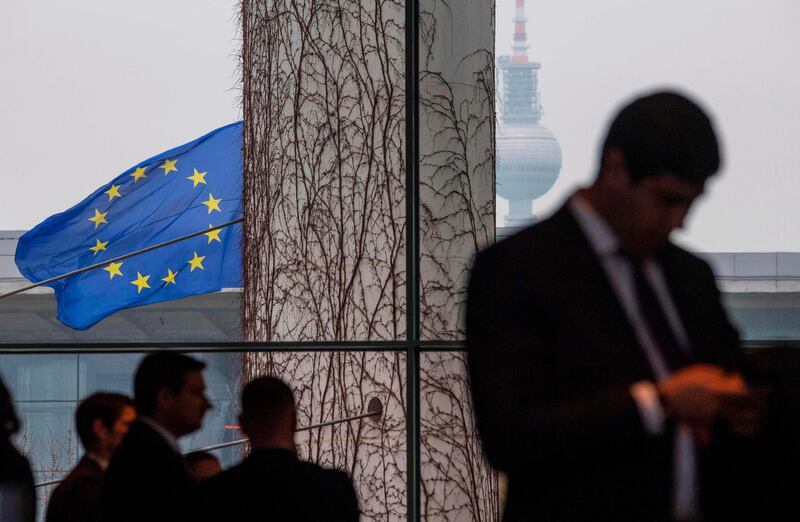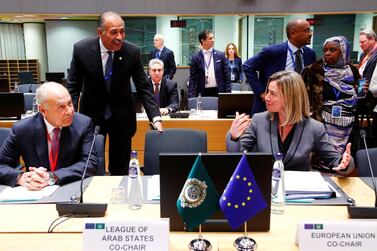Fake news peddled by Russian agents has been found to pose a threat to upcoming European Union elections, according to countries on the frontline of misinformation in Europe.
Lithuania and Estonia, formerly part of the Soviet Union and currently EU member states, have issued warning that policies put in place by Brussels are inadequate and the EU is naïve about the scale of the dangers posed by fake news and other tactics.
“Ten years ago there was no way to discuss these issues at all, because EU colleagues thought ‘It is not our business’,” Lithuania’s foreign minister Linas Linkevicius said in comments reported Tuesday. “It took time to convince them that lies are not freedom of speech”.
Lithuania is so worried about a surge in pro-Russian cyber-attacks it set up teams of so-called “elves”, or volunteers who fight Russian bots, trolls and Kremlin-friendly fake news.
The abduction of a 13-year-old Russian girl by non-EU immigrants and a NATO vehicle killing a boy are examples of 20,000 false reports seen in EU member states every day.
Estonia is also worried about the impact fake news could have on EU elections.
“In 2016 we stopped being naive,” said Liisa Past, a former chief research officer at the Estonian Information System Authority who coordinated security preparations across Europe last year.
“Since then we have tested national systems for the security environment as we now know it. But the last European election was 2014 and that system hasn't been tested in this new security environment.”
EU member states will elect new officials for the European Parliament spread over three days and across 27 countries (28 should Britain delay Brexit beyond March).
The geographical spread poses more threats and opportunities for major players looking to disrupt elections with misinformation and fake news.
“Given the dispersed nature and comparatively long duration of the European Parliament elections, they present a tempting target for malicious actors,” European Commissioner for Security Julian King told Politico. “Everyone needs to take responsibility for this, a system is only as secure as the weakest link in the chain.”
The EU’s crackdown on fake news has sharpened increasingly in the past month.
In late January, the EU warned social media giants Facebook, Twitter and Google needed to do more on combating fake news.
Full transparency of political ads running on social media before EU elections are up and running in May is a matter of urgency for the EU.
"Given the proximity of the European elections, any progress made in the fight against disinformation is welcome. But we need to go further and faster before May. We don't want to wake up the day after the elections and realise we should have done more,” said EU security commissioner Julian King.
In a report published on Wednesday, the EU said Facebook “needs to provide greater clarity” on how it could work with fact checkers.
“Twitter has prioritised actions against malicious actors, closing fake or suspicious accounts and automated systems/bots. Still, more information is needed on how this will restrict persistent purveyors of disinformation from promoting their tweets.”
Social media companies are expected to provide monthly reports on their fight against fake news up until May.







